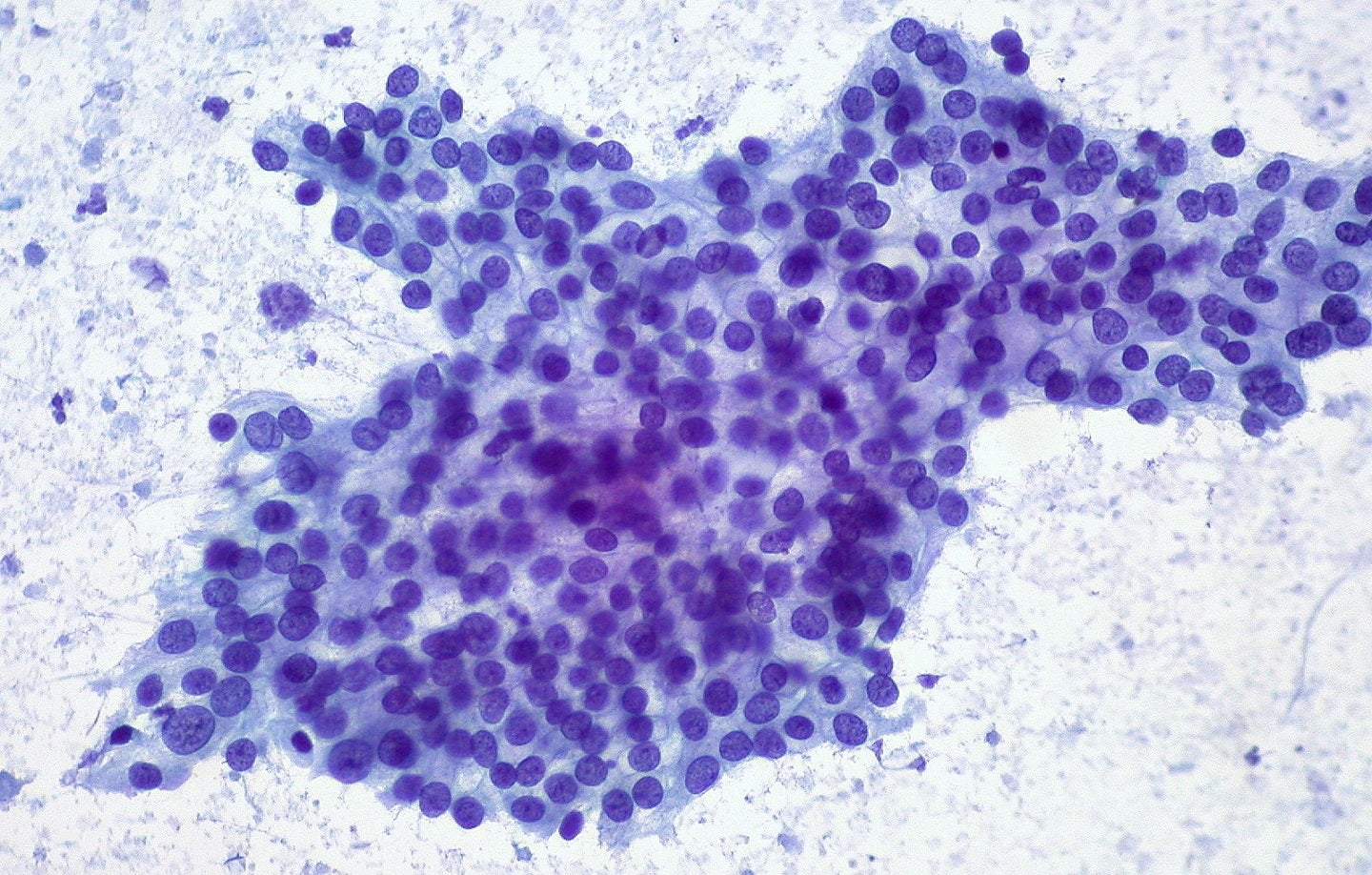
The US Food and Drug Administration (FDA) has accepted Ipsen’s supplemental new drug application (sNDA) for the Onivyde regimen as a first-line treatment for metastatic pancreatic ductal adenocarcinoma (mPDAC) patients.
The Onivyde regimen comprises Onivyde (irinotecan liposome injection) along with 5-fluorouracil/leucovorin and oxaliplatin (NALIRIFOX regimen).
The regulator has set 13 February 2024 as a Prescription Drug User Fee Act goal date for the review of Ipsen’s sNDA.
Onivyde works by blocking an enzyme called topoisomerase I, which is involved in copying cell DNA.
It has already been approved in combination with fluorouracil and leucovorin to treat patients with mPDAC after disease progression following gemcitabine-based therapy in major markets, including the EU, Asia and the US.
Ipsen executive vice-president and research and development head Howard Mayer stated: “PDAC is a devastating disease in need of additional treatment options.
“The FDA’s decision to accept the sNDA for this Onivyde-based regimen in treatment-naïve patients with metastatic disease represents an important milestone in the potential treatment of this complex form of cancer.
“We’re committed to developing therapies which have the potential to make a meaningful difference to the lives of people living with cancer and look forward to working with the FDA as they review this application.”
The submission of the sNDA was based on data obtained from the pivotal Phase III NAPOLI 3 trial, which enrolled 770 patients across 205 trial sites in 18 countries.
The findings showed that the Onivyde regimen provided a statistically significant improvement in progression-free survival and overall survival versus nab-paclitaxel plus gemcitabine.
